New experiments on coral reefs show that transplanting genetically diverse coral is key to restoration success.


New experiments on coral reefs show that transplanting genetically diverse coral is key to restoration success.

Scientists explore whether macrophages — key players in trauma repair — can sense and respond to damage caused by a heart attack.
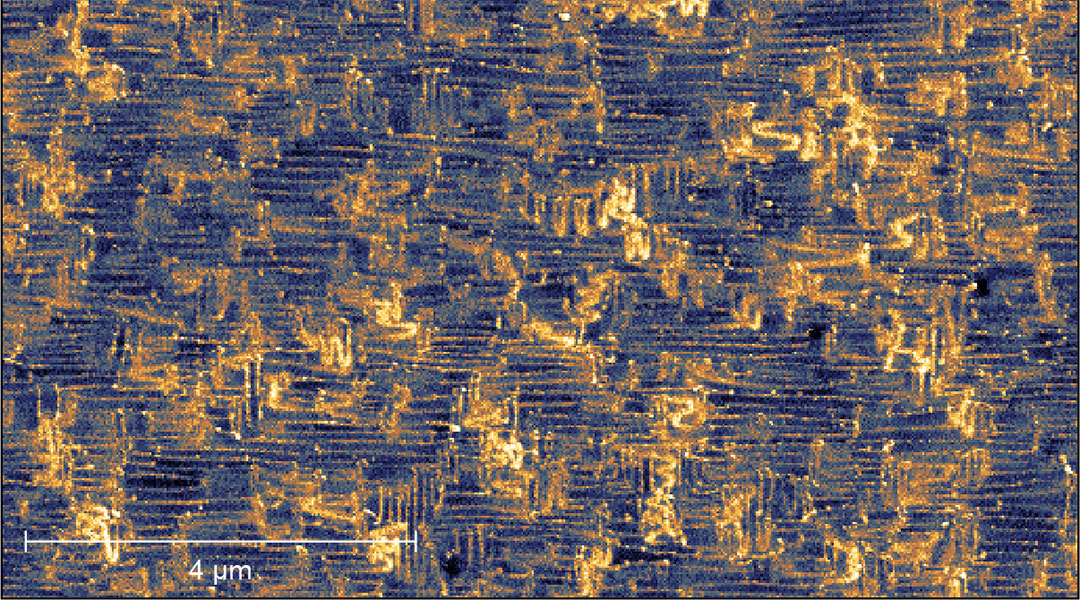
Artificial neural networks made from domain walls mimic synapses and neurons in the brain for neuromorphic computers.
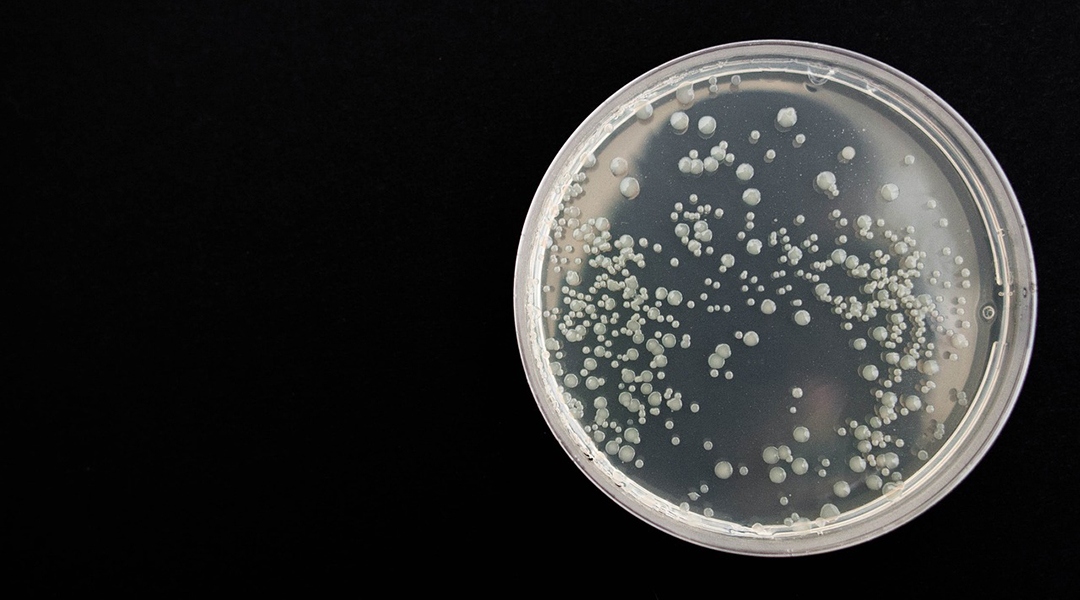
It is generally accepted that a community of beneficial bacteria make up the lung microbiome, but their origin and formation have remained unclear — until now.
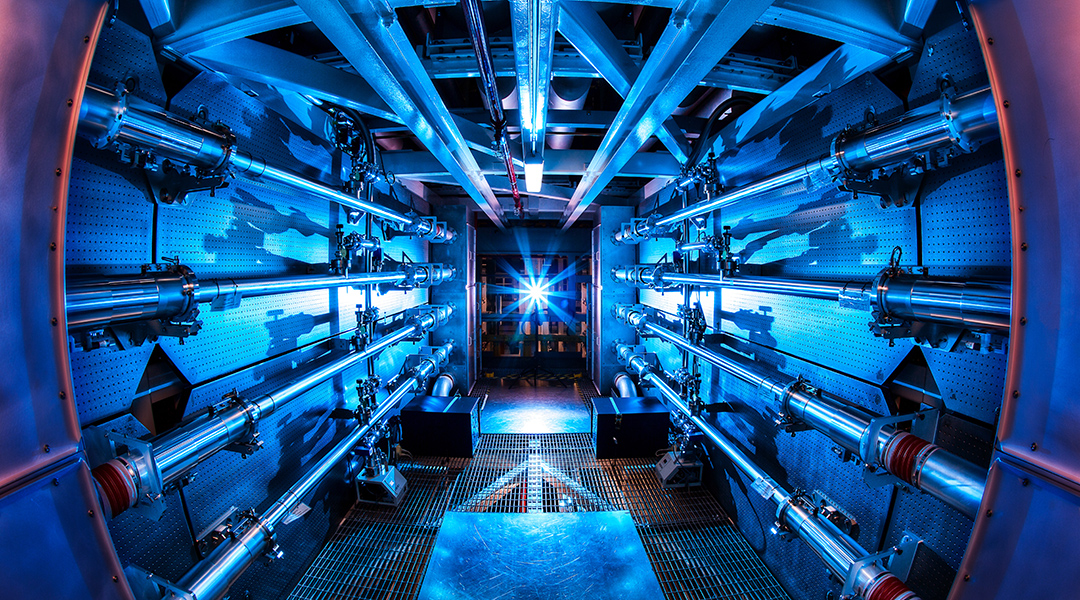
After decades of experimentation, US scientists achieve ignition in a controlled fusion experiment for the first time.
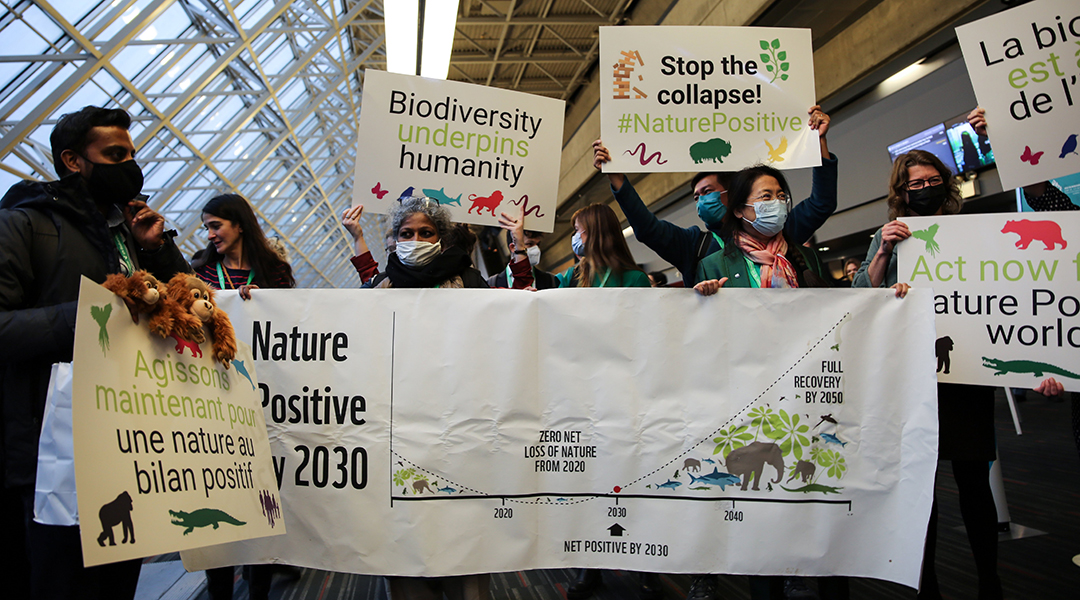
Scientists argue that guaranteeing unimpeded access for researchers to all COP15 member countries’ territories should be added to the Convention on Biological Diversity.
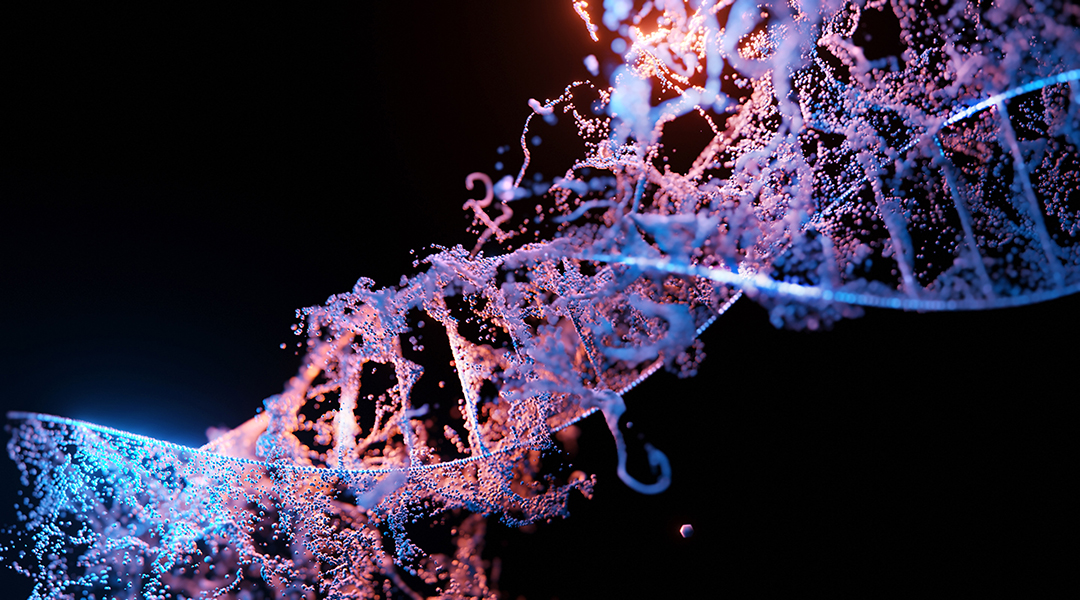
New research finds that more genetic features appear to be linked to sudden unexplained deaths in infants and toddlers.
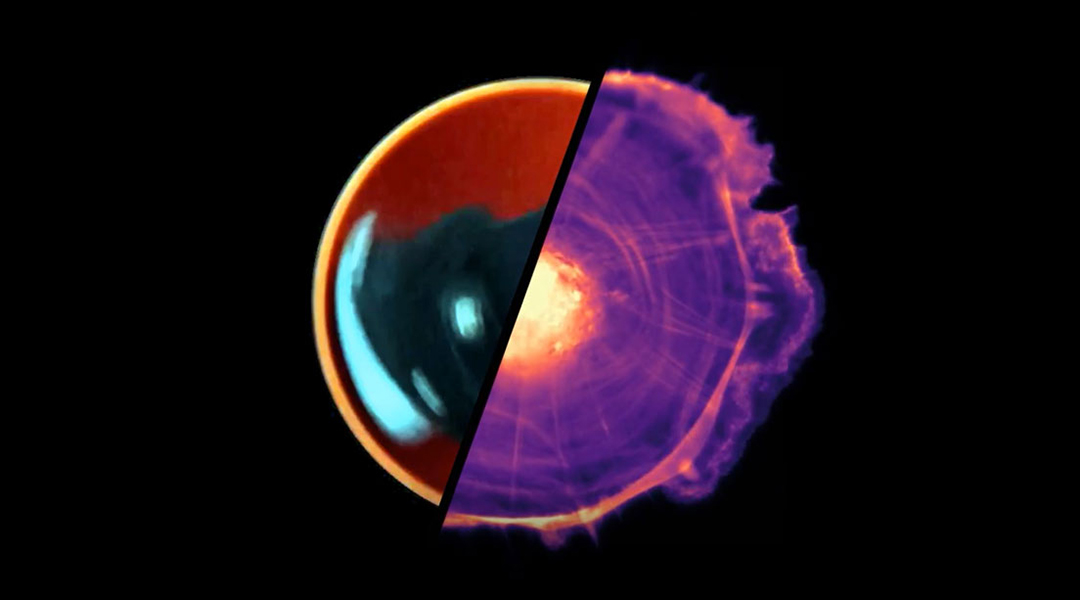
Experiments with cells and toys reveal fundamentals of synchronized movement in both inanimate objects and living groups.
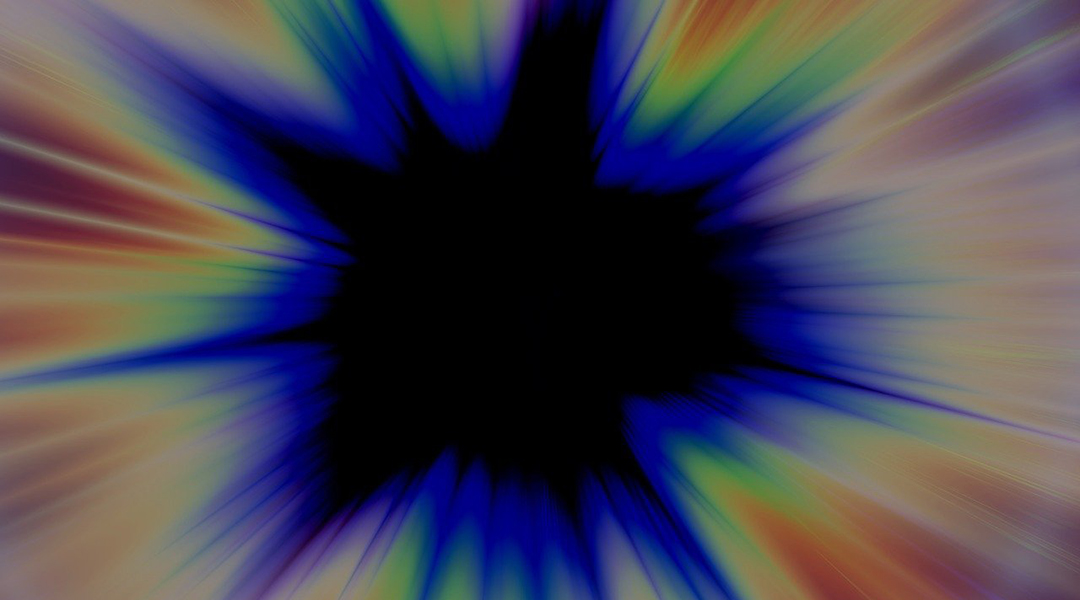
Conflict between theory and observational evidence suggests a missing ingredient in our understanding of the early Universe.
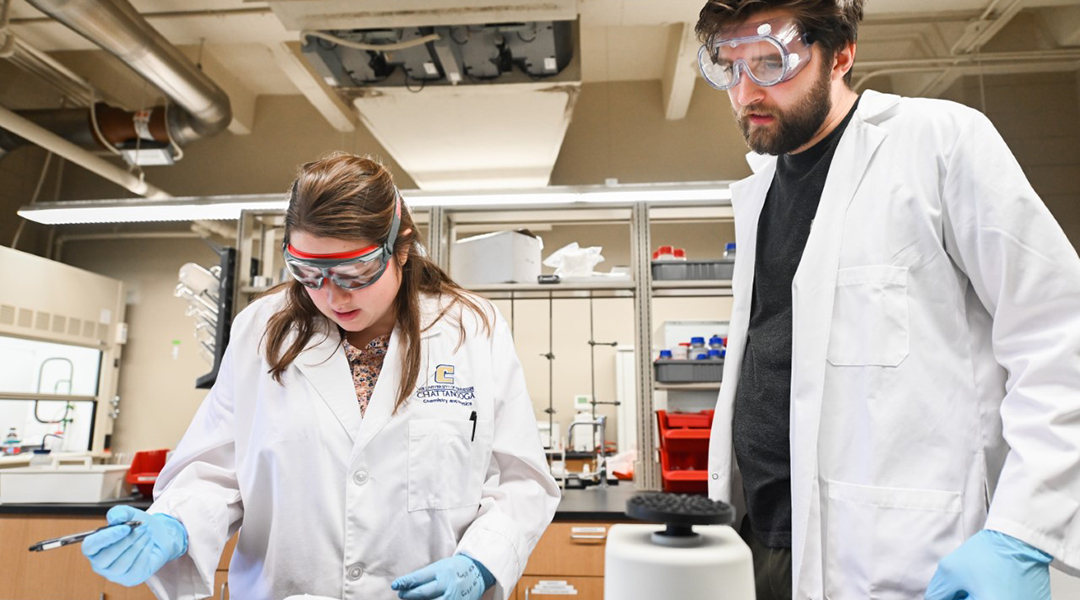
Meredith Barbee puts her students at the center, fostering critical thinking, independence, and skills for any career they might choose.